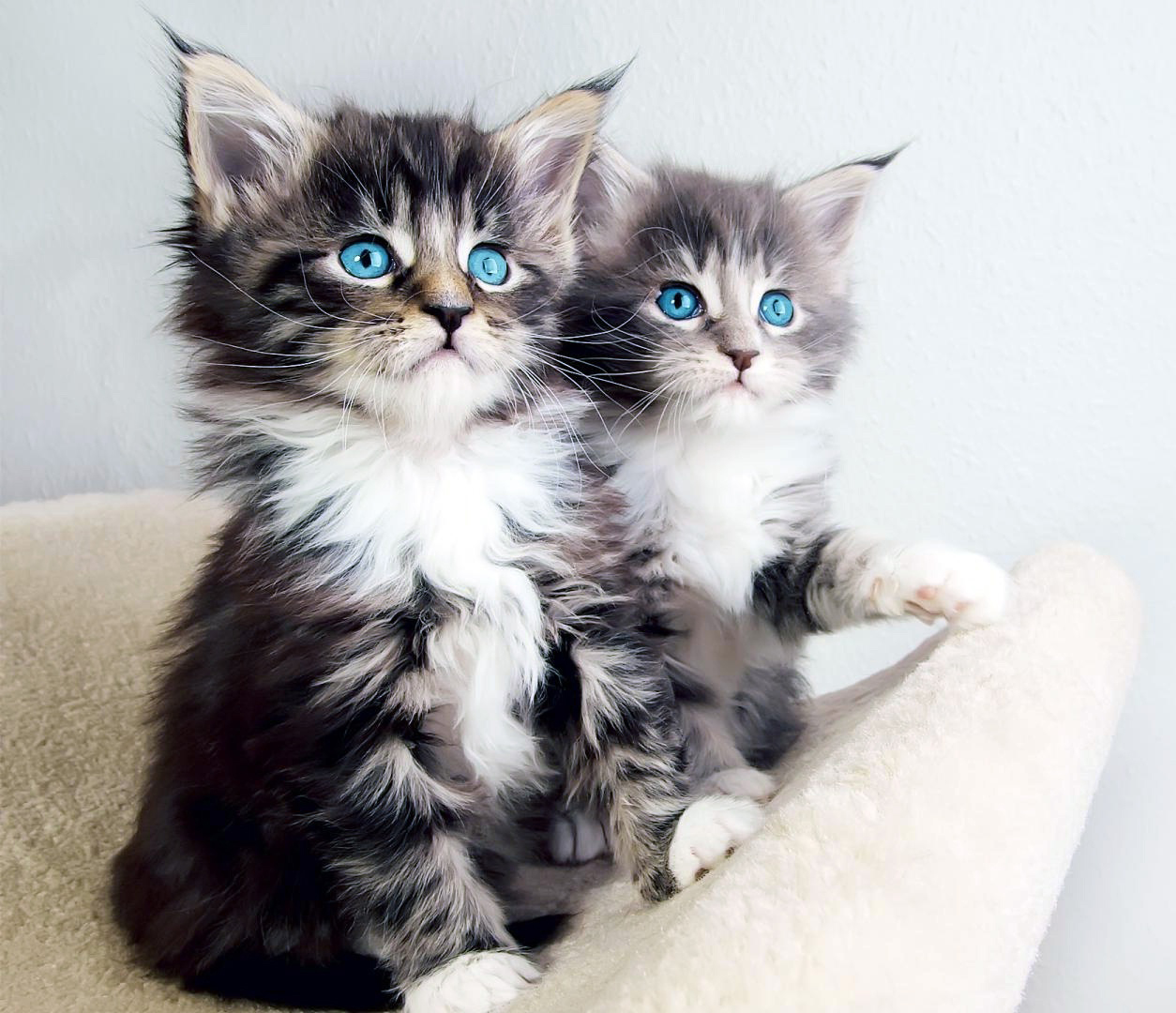Desexing
We recommend that all dogs and cats, not owned by a registered breeder, are desexed at 5-6 months of age. There are numerous health benefits for both male & female pets and the advantages to the pet population as a whole should not be under estimated.
Desexed females have a much lower incidence of mammary (breast) cancer and the risk of a pyometra or womb infection is removed. Unwanted pregnancies are also avoided.
In males, desexing removes the possibility of testicular tumours and decreases the risk of prostate disease. In addition, removal of the male hormones often results in lower levels of dominance, aggression and wandering.
The high numbers of unwanted pets in Australia means too many are euthanased every year. Please consider carefully before breeding from your pet.


Microchipping
Microchipping is the only permanent means of identifying your pet. A small chip, about the size of a grain of rice, is implanted in the loose skin on the back of the neck. The chip contains a unique number that is registered on a central database. The database stores your contact details. In the event that your pet goes missing and is taken to a rescue shelter or a vet clinic, a scanner is passed over to reveal the number, the central database is contacted and you will be contacted and reunited with your pet.
In Queensland all cats and dogs between 8 and 12 weeks of age must be implanted with a microchip. Responsibility for microchipping is with the person selling or giving away the animal.
The sale, implanting and tracking of microchips is regulated in Queensland. Only an authorised person may microchip a cat or dog.
News
We are happy to share our recent cases and provide information to help you take care of your pet. Read about out interesting cases we have seen and articles regarding pet health.
Community
We have strong relationships with a network of excellent wildlife carers who do an excellent job of rehabilitating & releasing a wide variety of native mammals, birds and reptiles.





